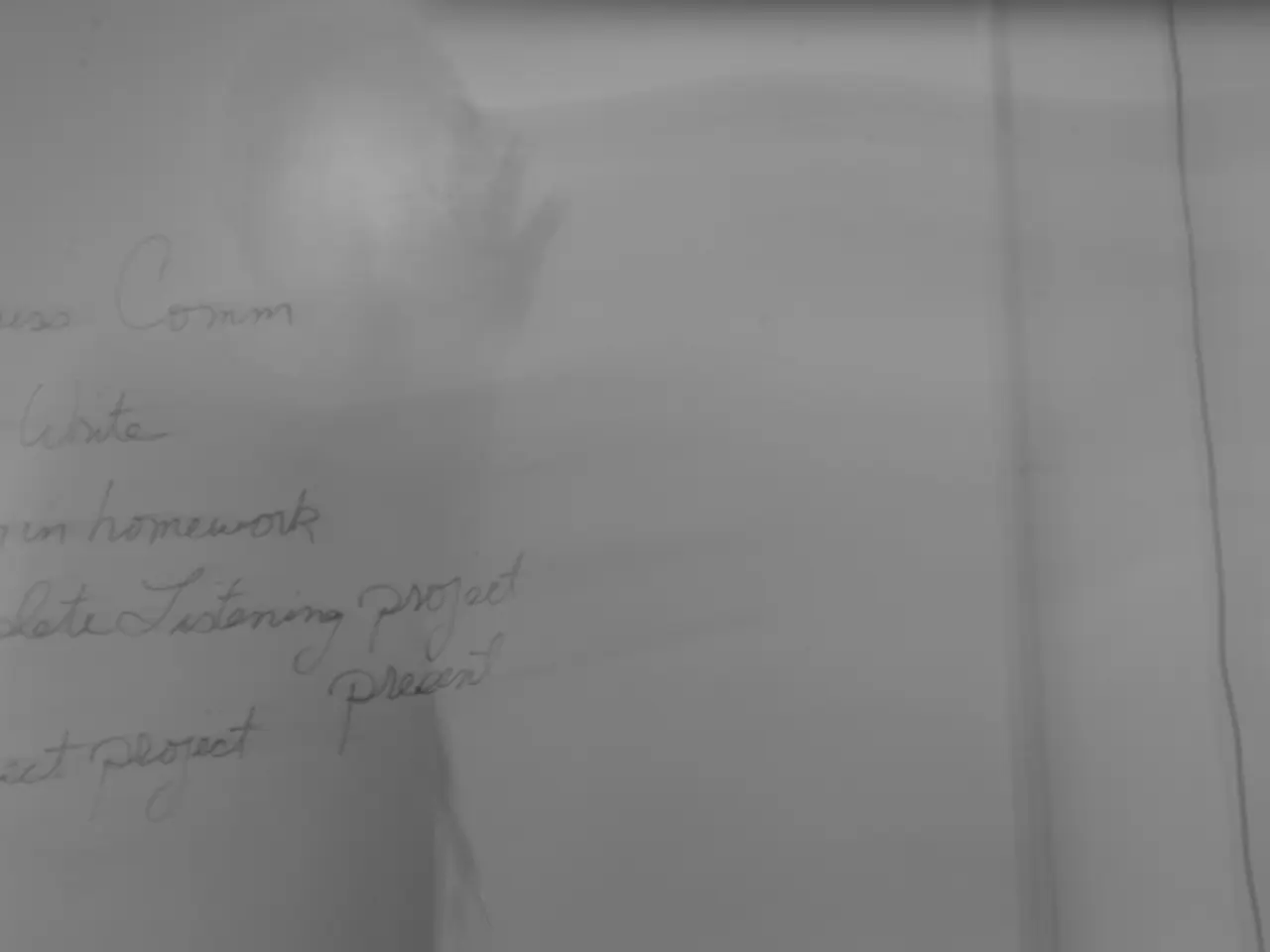Productivity Illusion's Burden Weighing Heavily on You
The Deception of Productivity: Understanding Its Consequences and Mitigating Strategies
In the fast-paced world we live in, productivity has become a buzzword for many. However, it's essential to remember that productivity should never be a source of ills but a tool that enhances our lives.
Firstly, it's crucial to understand that there is no magic process or secret to increase productivity. Each individual must discover what works best for them. Productivity should never become a religion, but rather be productive when it is most effective.
Unfortunately, the deception of productivity can lead to several adverse consequences. When productivity is falsely portrayed, trust is eroded, collaboration suffers, and employee morale decreases. This deception can result in decreased productivity and organizational success, ultimately leading to a vicious cycle.
Trust breakdown occurs when team members discover discrepancies between claimed and actual productivity or qualifications, leading to suspicion and resentment. Collaboration suffers as people hesitate to rely on or coordinate with others whose legitimacy is uncertain, slowing projects and frustrating workflows. Psychological safety and morale decline, making employees less open to communication, reducing motivation, and increasing stress and emotional strain.
To avoid and mitigate deception of productivity, strategies include promoting transparency and clear communication, vetting authenticity rigorously during hiring or freelance engagement, creating a culture of accountability and trust, promptly identifying and addressing dishonesty, and fostering psychological safety.
Being productive is beneficial in most aspects of life, not just at work. However, the deception of productivity can lead to feelings of guilt, poor health, strained relationships, materialism, and stress. It can cause a burned-out feeling and a denial of the need for a break. Feeling guilty when you take time to enjoy life is a sign of overdoing productivity. A break may be necessary.
Productivity should free time, lessen stress, and be a positive tool, not a source of ills. It should yield benefits and results. Avoid allowing the deception of productivity to rob you of the excellent results you deserve. The noble goal should be the focus, and productivity should enhance and add value to life.
Remember, productivity means different things to different people, and what works for one may not work for another. It's essential to find the balance between work and personal life, ensuring that productivity leads to more time with friends and family, doing more of the things you enjoy. Maintaining healthy relationships requires spending actual time with people, not just social media posts.
In conclusion, while productivity is crucial, it's equally important to ensure that it is genuine and recognized accurately. By promoting transparency, fostering a culture of accountability, and encouraging open communication, we can create a productive environment that supports efficient work, a healthy workplace culture, and sustainable organizational performance.
- To foster personal growth and meaningful self-development, it's essential to strike a balance between productivity and leisure, ensuring that productivity does not rob us of time for relaxation and relationships.
- A productive life encompasses more than just work; it involves enhancing various aspects of life, including education-and-self-development, personal-growth, and the formation of strong relationships, all contributing to overall productivity and well-being.




